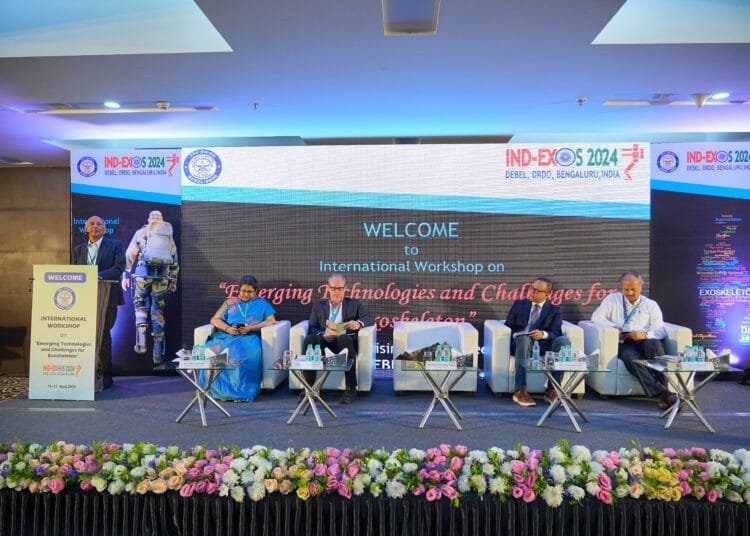Sawant calls for battery waste disposal plan
The auto industry must get serious and work together with the government in country’s best interest to make it pollution free, Minister of Heavy Industries and Public Enterprises, Arvind Ganpat Sawant has made the call to the industry which has been facing a decline in the recent past.
“We are such an industry which contributes 7% to the GDP. Let us join together and see what best we can do for the country,” said Sawant in his inaugural address at ASSOCHAM International Conference on Electric Mobility held on 26 July 2019.
He also noted that the industry had been declining in performance in recent years.
Stating that while the government is giving subsidy for electric vehicles due to high battery costs, he said R&D initiatives must be carried out in terms of metals, chemicals used to manufacture batteries to reduce their costs.
“We are here to give support to all, first for mass transportation,” the Minister added.
Talking about infrastructure, he impressed upon the need to set up solar powered charging stations for electric vehicles.
Just like with IT boom came the problem of e-waste, similarly India must also think in terms of battery waste disposal, the Minister stressed.
“Let us come up with a proposal to clear battery waste disposal because when we want to create a pollution free country, pollution created by battery waste should not be there.”
Recalling his recent meeting with combustion engine manufacturers, the minister recalled being told that there are employees and ancillary units dependent on this, whereas in case of EVs, both components and employees required will be less.
“So, the issue is what will happen to present employees, how are you going to go in this direction.”
He urged the industry to come up with suggestions in this regard. “I feel you are the people who can guide me, as to how to go ahead with this, because we also need to generate employment in India.”
Talking about the government’s initiatives on e-mobility, he said the Department of Heavy Industry received 15,000 applications in response to Expression of Interest (EoI) seeking proposals for availing incentives under the Fame Scheme Phase II for deploying 5,000 electric buses on operational-cost-model basis across select cities. This was three times more responses.
He further said that with a view to promote electric mobility and incentivise the manufacturers, the government brought down the GST rate from 12% to 5% and removed cess.
In his address, ASSOCHAM president, B.K. Goenka noted that the government has taken cognizance of e-mobility as the way forward and proposed to become an e-vehicle country by 2030.
“This decision is timely and would enhance the potential of the sector. Towards this target, the Ministry of Heavy Industries has already put in place the required policy framework in the form of FAME scheme, which would encourage the faster adoption of e-vehicles,” he said.
“The central and state governments need to work together and play a more facilitating role to make the shift to e-vehicles viable and attractive, we hope these challenges are addressed and resolved at the earliest,” he said.
ASSOCHAM is committed to playing the role of a platform to interface between government and industry to pave the way, Goenka assured. fiinews.com








